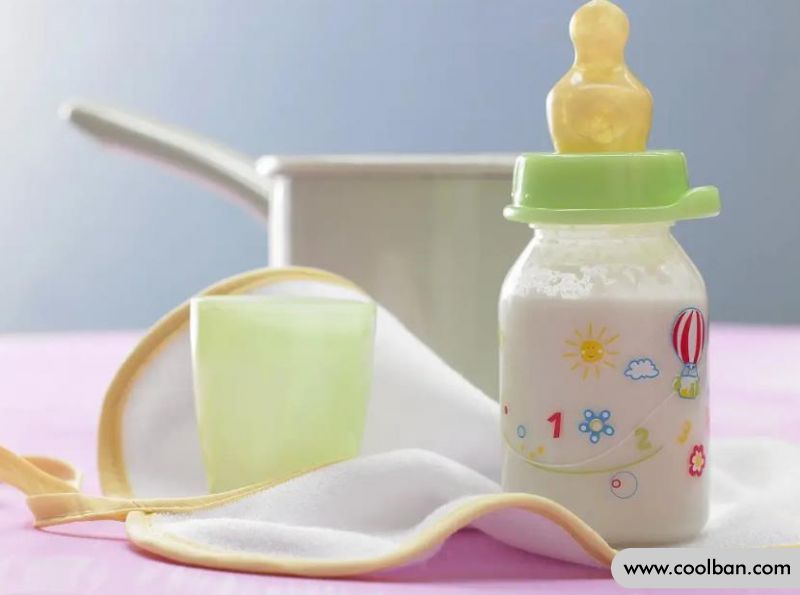9 reasons not to breastfeed
What are the barriers to breastfeeding?
Although we often say that breast milk is the best food for babies, this is not a one-size-fits-all truth, and not all mothers are suitable for breastfeeding. When encountering the following situations, you should give up breastfeeding in time. Some diseases are not suitable for breastfeeding after the baby is born.

1. Suffering from severe chapped nipples and mastitis. When the mother suffers from serious diseases such as chapped nipples and mastitis, breastfeeding should be suspended and treated in time to avoid aggravating the condition. Nursing mothers can express breast milk to feed their babies.
2. When suffering from an infectious disease. Mothers with serious infectious diseases should not breastfeed to prevent transmission to their babies. Breastfeeding must be stopped if the mother has hepatitis or lung disease.
3. Radioactive iodine therapy. Since iodine can enter milk and damage the baby's thyroid function, breastfeeding should be temporarily stopped. After the course of treatment is over, the content of radioactive substances in milk can be detected. After reaching normal, breastfeeding can be continued.
4. Exposure to toxic chemicals or pesticides. Hazardous substances can poison babies through breast milk, so avoid exposure to hazardous substances and keep away from hazardous environments during breastfeeding. If exposed, breastfeeding must be discontinued.
5. During the medication period. When the mother is sick (such as a cold, fever, etc.) and has to take medicine, she should stop breastfeeding and feed it again after her illness has recovered. But you should pay attention to milking according to the feeding time every day. In order to avoid the situation of back milk.

6. With wasting diseases, such as heart disease, kidney disease, diabetes, etc., the mother can decide whether to breastfeed according to the doctor's diagnosis. Generally speaking, fertile mothers with the above diseases can breastfeed, but they should pay attention to nutrition and rest, and shorten the breastfeeding time appropriately according to their physical conditions.
7. Breastfeeding is also not recommended when the mother is ill and needs to be treated with drugs that are harmful to the baby, such as anticancer drugs.
8. Mothers should suspend or postpone breastfeeding when serious complications occur during pregnancy or postpartum and need to be rescued. If the condition allows, medical staff can help express milk to maintain milk production, and then breastfeed the baby after the mother has recovered.
9. For infants, some infants, such as newborns with certain congenital malformations (cleft lip, cleft palate) or premature infants with difficulty sucking, can temporarily stop breastfeeding and use a gastric tube, dropper or small spoon to feed expressed breast milk .
